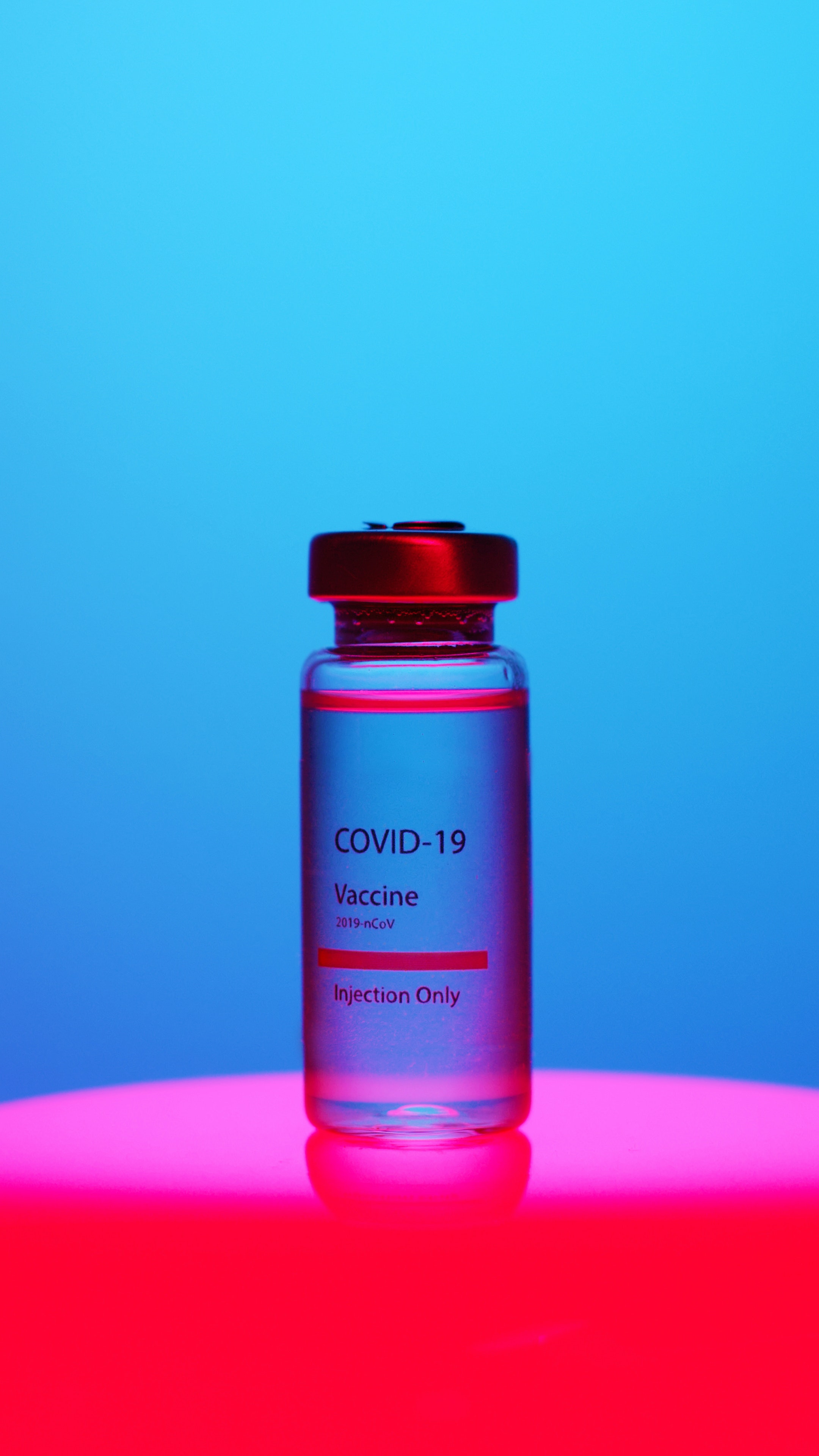On Thursday, the House of Commons voted 484 to 76 in favour of extending the Coronavirus Act powers, to limit civil liberties, until October.
London: Thanks to Covid-19’s world dominance, one year on from Britain’s first National Lockdown, most England citizens are still living under the 2021 National Lockdown rules. On 29 March the rules change to allow groups of 6 people or 2 households to meet outdoors. Outdoor sports will be permitted and children will be allowed to play outdoors, mostly the rules say stay at home. Visitors to England still have to quarantine for 10 days and take Covid-19 tests on the 2nd and 8th days after arrival, but there are specific jobs that are exempt from some of the Covid related travel restrictions. The government intends to publish a Tourism Recovery Plan in April. For the time being no holidays abroad or tourism within England are allowed. Unless there is a valid reason for foreign travel a fine of up to £5,000 can be imposed.
On Thursday, the House of Commons voted 484 to 76 in favour of extending the Coronavirus Act powers, to limit civil liberties, until October. 45 Tory rebels seemingly do not understand why if restrictions end in June these “draconian powers” will be needed until October, do they fear more autumnal regional tiers and the advent of vaccine passports or certificates? Alarmingly, Mark Harper, MP noted a further renewal in October until March 2022 was not ruled out.
The vaccine, in particular the home-grown Oxford-Astra Zeneca vaccine, is the accepted path to easing restrictions, and vaccine rollout success, 31million vaccinated to date, has muffled government errors during the advance of the pandemic. Britain was ahead of the EU with placing orders for coronavirus vaccines last year, even before efficacy was proven and approved, quantities were placed. The EU bungled timing and supply chains, this week the EU tried to imply that 29 million of AZ doses undergoing routine quality control procedures at Catalent’s facility in Anagni, Italy, were being sidelined to UK. To counter this disinformation, AZ published a statement clarifying that this was a mixed consignment, made outside the EU (India), that was brought to the Catalent Anagni plant to be filled into (smaller) vials at the Catalent fill-and-finish facility. 16 million doses are destined for the EU with 10 million to be despatched this week and 6 million by mid-April; the other 13 million doses are for Covax countries; AZ said the EU fully supports supplying low-and middle-income countries through the Covax facility. Why is this disinformation being spread that India will not be exporting Gavi-backed Covax vaccines? Is this some kind of sabotage effort to blacken India’s goodwill in supplying 605.81 lakh (60,581,000) vaccines, as of 25 March, to 77 different countries? However, a quick look at the news or social media shows Serum Institute vaccines supplied by Government of India arriving last week in South Sudan, Bhutan, Namibia, Bolivia and reports say Covax vaccines for Sri Lanka will not be held up.
It is reported that Prakash Kumar Singh of the Serum Institute India wrote to Health Secretary Harsh Vardhan, suggesting that Indian supplies for manufacturing of various vaccines, including AZ-Covishield had been affected and interrupted by the US Defense Production Act allocations.
Indian made vaccines are in part dependent on ingredients sourced from outside, notably from the US. In March, President Joe Biden brought forward, by executive order, vaccine production in US by about 2 months by expanding Johnson & Johnson and Merck production. Earlier in the year, Jen Psaki, Biden Administration’s Press Secretary, confirmed that the Biden Administration had invoked the Defense Production Act (DPA), which requires US suppliers to comply with government procurement allocation requirements to reserve raw materials, equipment, services or facilities etc., and it also provides legal immunity to the manufacturers so that other disappointed purchasers cannot sue. Pfizer has already acknowledged the DPA boost from getting priority access to critical resources.
It is being reported that India has temporarily delayed SII shipments of AZ vaccine to UK, Brazil and others, while the vaccine is urgently rolled out in communities in India. Prime Minister Boris Johnson’s trusted envoy and Mr Fix-it was in Delhi and Pune this week in advance of Johnson’s visit in the last week of April. Johnson has had nothing but praise and thanks for India’s collaboration and co-operation in matters related to the pandemic since he became Prime Minister, and surely understands India’s need is India’s primary concern.
The above showcases how supply chains have become inextricably global and how nations are interdependent; the importance of the balance between national interest and the global good; in innovation, production and distribution nations want to be partnered with allies. That goes for therapeutics as well. Nobody knows if any of the vaccines is 100% effective against all the possible variants, thus affordable therapeutics to manage the very serious symptoms of the viruses and other diseases might be added to supply chains from India, this would knock pounds off NHS budgets.
Whilst on the NHS, the Treasury awarded the saviours working in the NHS, for whom we have been clapping for over a year, a 1% pay rise. The devolved nations of Wales, Scotland and Northern Ireland are in charge of their own health policies. Now that Nicola Sturgeon has survived Alex Salmond’s attempt to dethrone her, Sturgeon has lost no time in humiliating England’s NHS 1% pay rise by awarding Scotland’s NHS workers +4%. If the SNP win the Scottish Parliament elections in May, Sturgeon will pressure Johnson for a second Scottish Independence Referendum, as outlined in her Draft Independence Referendum Bill published on 22 March, which is the centre piece of her election campaign.

